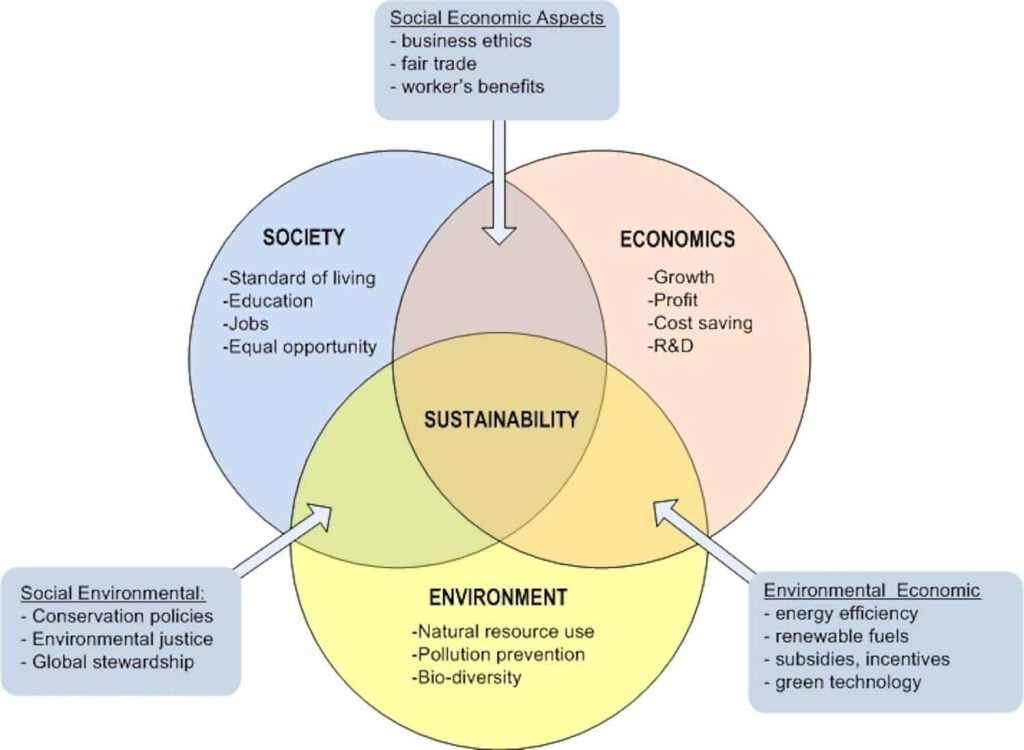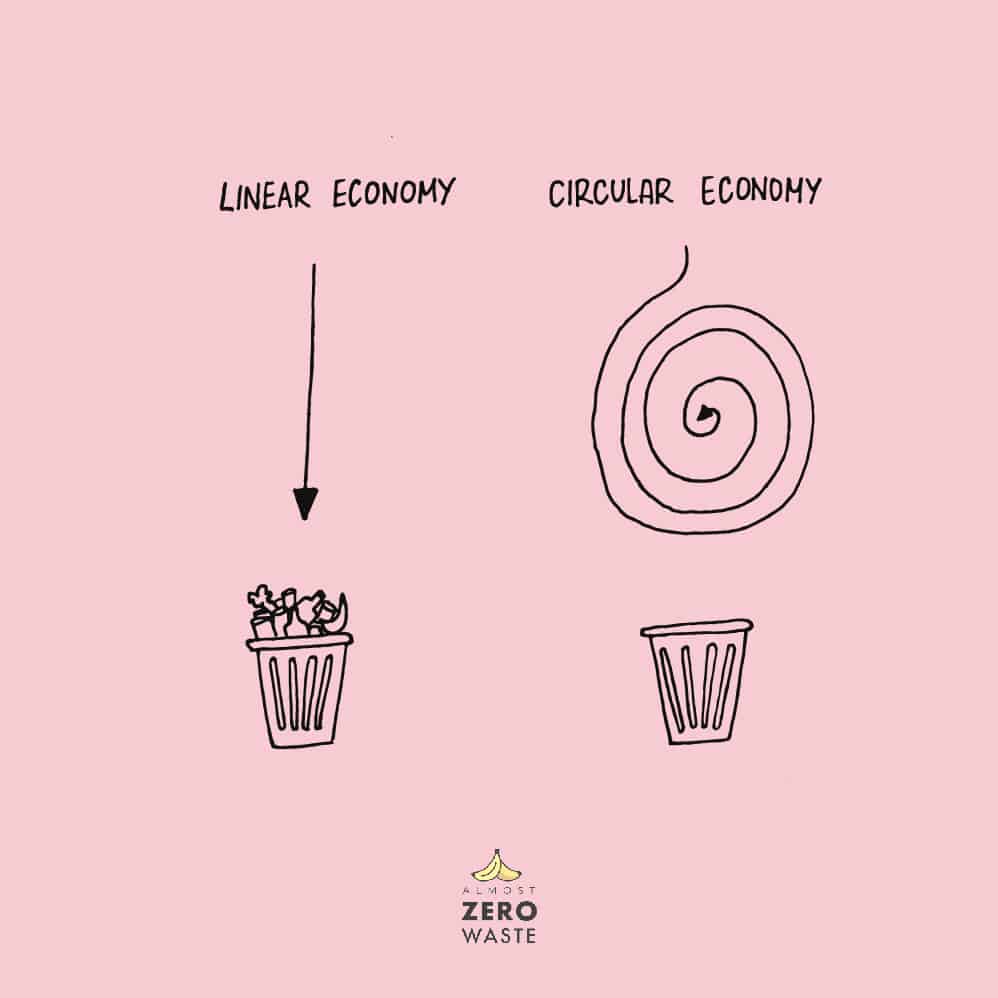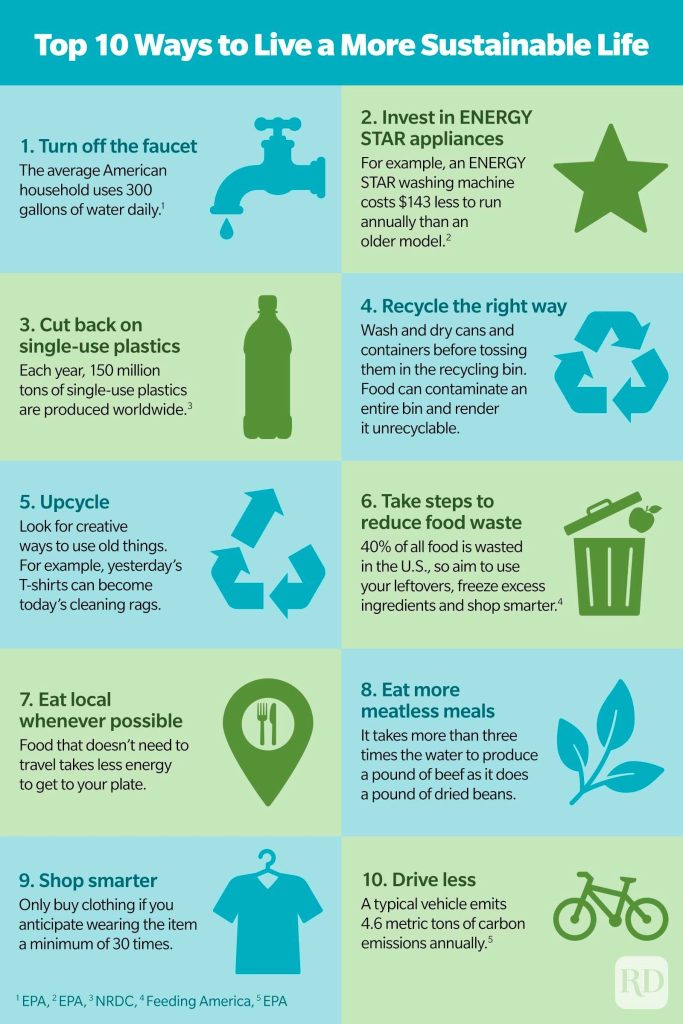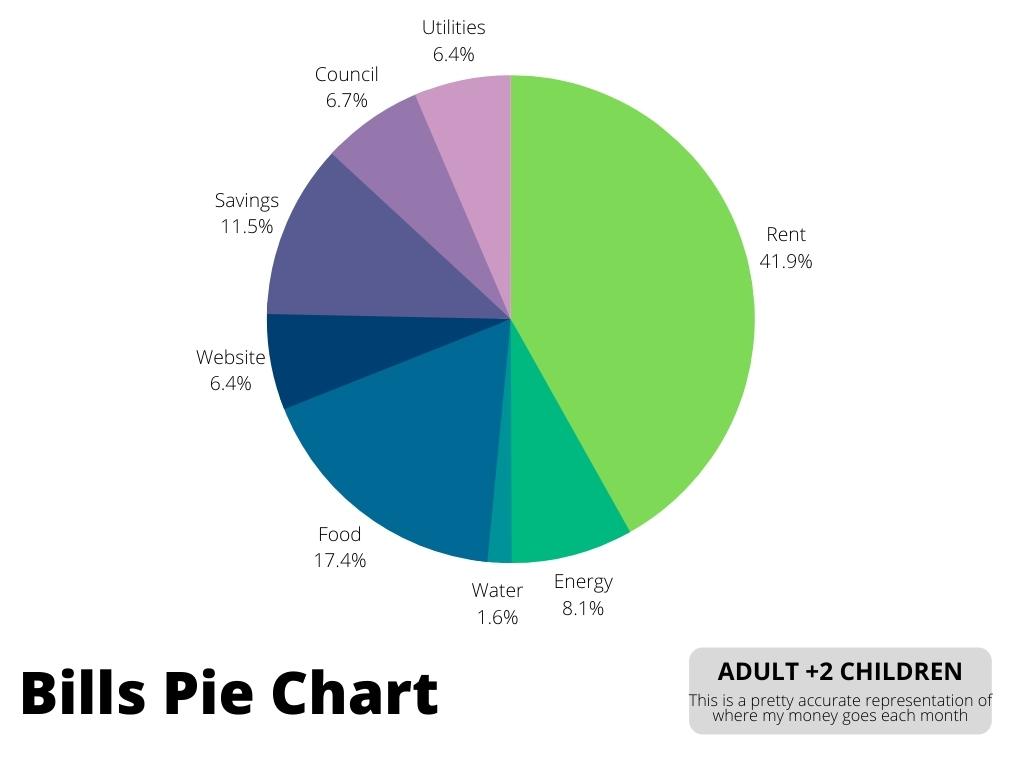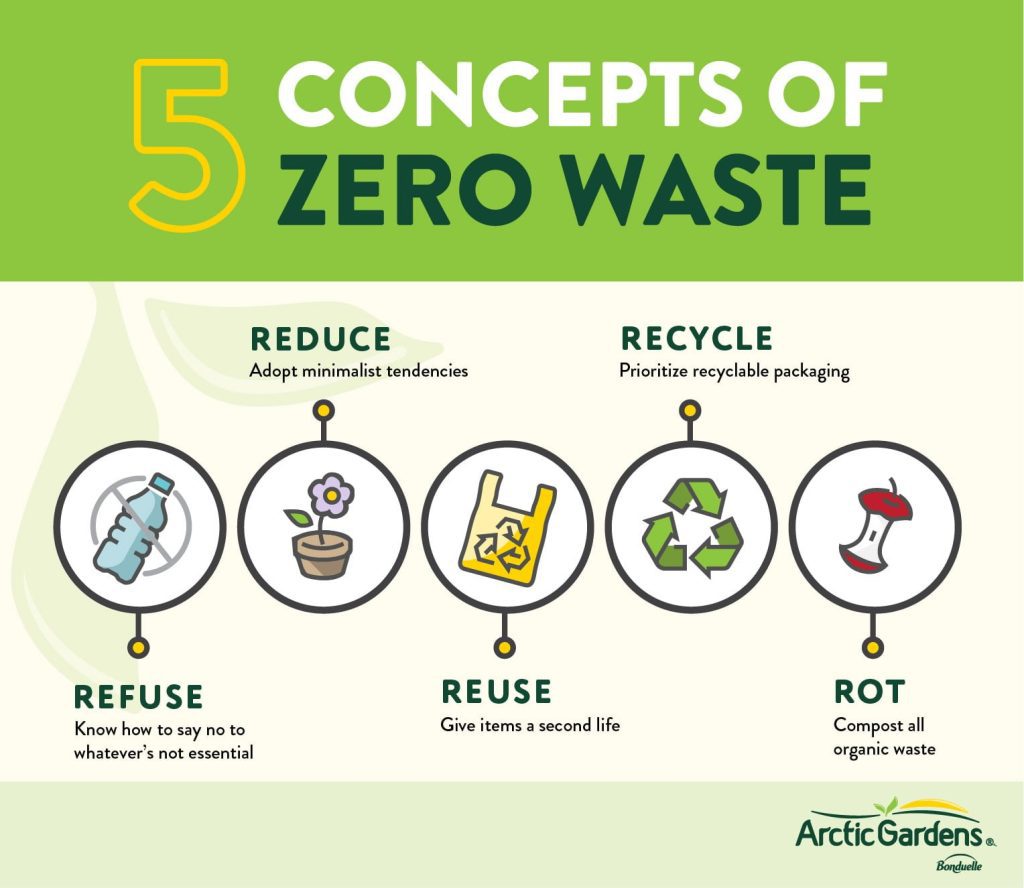Have you ever wondered about the benefits of sustainable living? Well, let me tell you, it’s not just about saving the planet (although that’s a pretty big deal). Sustainable living is all about making choices that are good for the environment, our health, and our wallets. In this article, we’ll explore the various advantages of embracing a sustainable lifestyle and why it’s worth considering for a brighter and greener future.
When it comes to sustainable living, the benefits are far-reaching. First and foremost, it’s a win-win situation for both us and the planet. By adopting eco-friendly practices such as reducing waste, conserving energy, and using renewable resources, we can significantly reduce our carbon footprint and mitigate the impact of climate change. But that’s not all! Sustainable living also has a positive impact on our health. By choosing organic and locally sourced food, for example, we can avoid harmful chemicals and support our local farmers. Plus, sustainable living often encourages physical activity, such as biking or walking, which is great for our overall well-being. And let’s not forget about the financial perks! From lower utility bills to savings from growing your own food, sustainable living can help us save money in the long run. So, if you’re ready to make a positive change and reap the benefits of sustainable living, keep reading for some practical tips and inspiration.
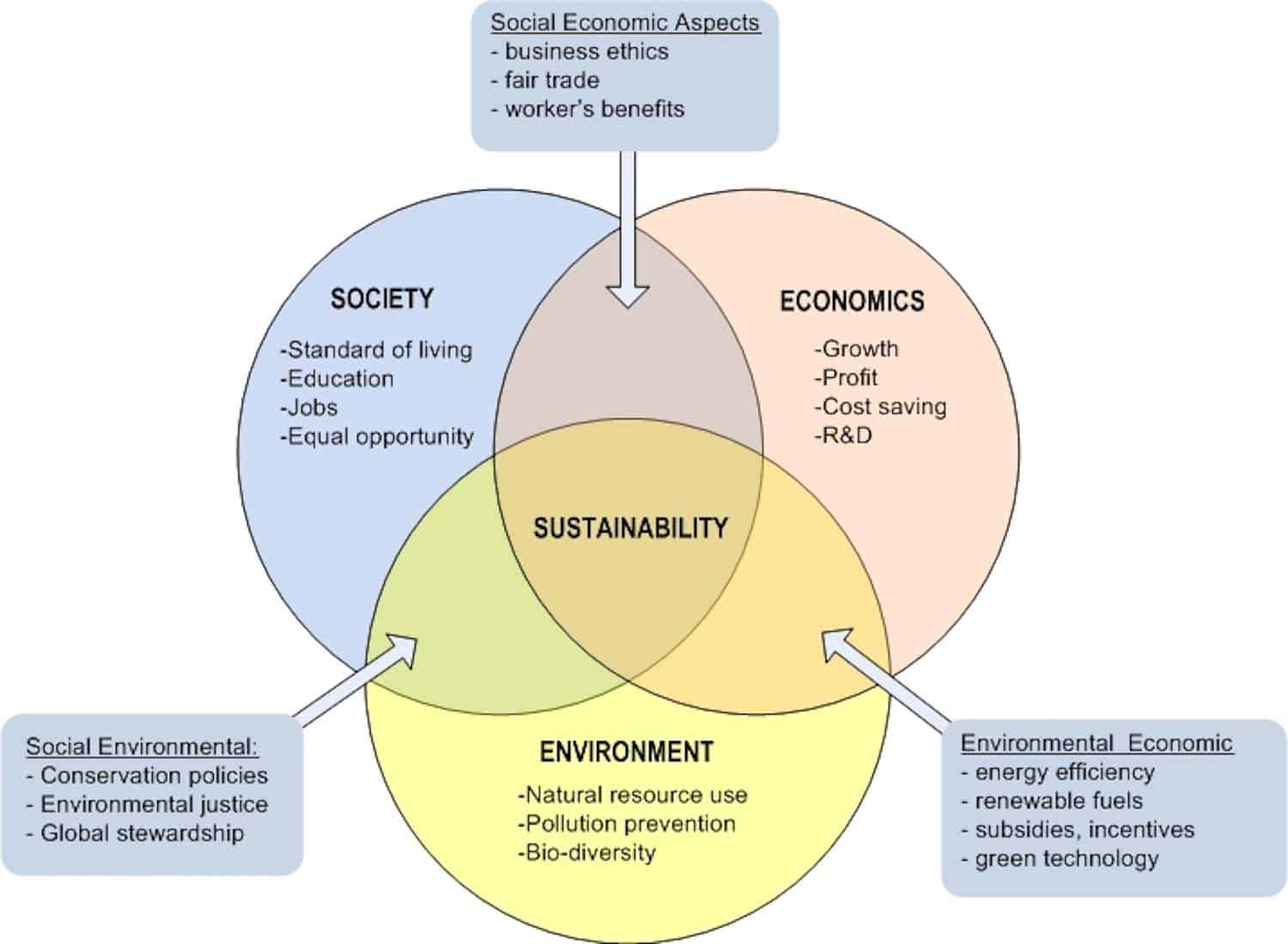
What Are the Benefits of Sustainable Living?
Sustainable living refers to a lifestyle that prioritizes the responsible use of resources and minimizes negative impacts on the environment. It involves conscious choices and actions aimed at preserving natural resources, reducing waste, and promoting a healthier planet for future generations. Adopting sustainable practices can have numerous benefits, both for individuals and for the planet as a whole. Let’s explore some of the significant advantages of sustainable living.
1. Environmental Benefits
Sustainable living practices contribute to a cleaner and healthier environment. By reducing our carbon footprint and minimizing waste, we can help combat climate change and preserve natural resources. For instance, choosing renewable energy sources such as solar or wind power can significantly reduce our reliance on fossil fuels and decrease greenhouse gas emissions. Sustainable agriculture practices, such as organic farming and permaculture, promote soil health and biodiversity, ensuring the long-term sustainability of our food systems. Additionally, sustainable living encourages the conservation of water resources through water-saving techniques like rainwater harvesting and efficient irrigation methods.
1.1 Reduced Pollution
One of the key environmental benefits of sustainable living is the reduction of pollution. Traditional energy sources, such as coal and oil, release harmful pollutants into the air when burned. By switching to renewable energy alternatives, we can significantly decrease air pollution and improve air quality. Sustainable transportation options, such as walking, biking, or using public transportation, can also help reduce vehicle emissions and the associated air pollution. Moreover, sustainable waste management practices, such as recycling and composting, minimize the amount of waste that ends up in landfills, preventing the release of harmful chemicals and gases into the environment.
1.2 Preservation of Ecosystems
Sustainable living plays a crucial role in preserving ecosystems and protecting biodiversity. By choosing sustainably sourced products and supporting ethical businesses, we can help prevent habitat destruction and the extinction of endangered species. Sustainable land management practices, such as reforestation and the protection of natural habitats, contribute to the conservation of ecosystems and the preservation of their invaluable services, such as water purification, carbon sequestration, and pollination. By living sustainably, we can actively contribute to the health and resilience of our planet’s diverse ecosystems.
2. Economic Benefits
In addition to the environmental advantages, sustainable living can also bring about economic benefits. By adopting energy-efficient technologies and practices, individuals can significantly reduce their energy bills over time. Investing in renewable energy sources, such as solar panels or wind turbines, can provide a long-term and cost-effective solution for meeting energy needs. Sustainable agriculture practices, such as organic farming, can lead to improved soil fertility and increased crop yields, benefiting farmers economically. Furthermore, sustainable businesses and industries often attract environmentally conscious consumers, leading to increased sales and market competitiveness.
2.1 Energy and Cost Savings
One of the significant economic benefits of sustainable living is the potential for energy and cost savings. Energy-efficient appliances and building materials can help reduce energy consumption and lower utility bills. For example, using LED light bulbs instead of traditional incandescent bulbs can significantly reduce electricity usage. Similarly, insulating homes and buildings properly can reduce the need for excessive heating or cooling, resulting in lower energy costs. By practicing sustainable living, individuals can save money in the long run while also reducing their environmental impact.
2.2 Job Creation and Economic Growth
The transition to a sustainable economy can also generate new employment opportunities and contribute to overall economic growth. The renewable energy sector, for instance, has experienced substantial job growth in recent years, creating employment opportunities in fields such as solar energy installation, wind turbine manufacturing, and green construction. Sustainable agriculture practices can also lead to job creation, as the demand for organic and locally produced food continues to rise. By embracing sustainable living, communities can foster economic resilience and create a more sustainable future for all.
In conclusion, sustainable living offers a wide range of benefits, both for individuals and for the planet. By adopting sustainable practices, we can protect the environment, reduce pollution, preserve ecosystems, and contribute to economic well-being. While the transition to sustainable living may require initial effort and investment, the long-term benefits far outweigh the costs. By making conscious choices and taking small steps towards sustainability, we can all play a part in creating a better and more sustainable future for generations to come.
Key Takeaways: What Are the Benefits of Sustainable Living?
- 1. Sustainable living helps protect the environment and reduces pollution.
- 2. It conserves natural resources like water and energy.
- 3. Sustainable living promotes healthier lifestyles and improves overall well-being.
- 4. It can save money in the long run by reducing energy and water bills.
- 5. Sustainable living fosters a sense of community and encourages collaboration for a better future.
Frequently Asked Questions
What is sustainable living?
Sustainable living refers to a lifestyle that aims to reduce one’s impact on the environment and preserve natural resources for future generations. It involves making conscious choices and adopting practices that promote environmental, social, and economic sustainability.
By embracing sustainable living, individuals can minimize their carbon footprint, conserve energy and water, reduce waste, and support local communities. This holistic approach to living not only benefits the environment but also contributes to personal well-being and a healthier planet.
How does sustainable living benefit the environment?
Sustainable living practices have a positive impact on the environment in several ways. By reducing energy consumption, such as by using energy-efficient appliances and renewable energy sources, we can decrease greenhouse gas emissions and combat climate change.
Additionally, sustainable living promotes waste reduction and recycling, reducing the strain on landfills and preventing pollution. By using eco-friendly transportation options, such as walking, cycling, or using public transportation, we can also reduce air pollution and promote cleaner air quality.
What are the economic benefits of sustainable living?
Sustainable living can have numerous economic benefits. By adopting energy-efficient practices, individuals can save money on their utility bills. For example, using LED light bulbs and properly insulating homes can significantly reduce energy consumption and lower electricity costs.
Furthermore, sustainable living encourages the use of local and organic products, supporting local businesses and farmers. This can stimulate economic growth within communities and create job opportunities. Additionally, sustainable practices can lead to innovation and the development of green technologies, which can drive economic progress and create a sustainable future.
How does sustainable living contribute to personal well-being?
Sustainable living promotes a healthier and more fulfilling lifestyle. By adopting a plant-based or sustainable diet, individuals can improve their overall health and reduce the risk of chronic diseases. Consuming organic and locally sourced food can also enhance the nutritional value of meals.
Engaging in sustainable activities, such as gardening or participating in community initiatives, can provide a sense of purpose and connection with nature. Spending time outdoors and embracing a simpler, less materialistic lifestyle can reduce stress levels and enhance mental well-being. Sustainable living encourages a balanced and mindful approach to life, fostering personal growth and happiness.
How does sustainable living impact future generations?
By practicing sustainable living, we can create a better world for future generations. Conserving natural resources, such as water and forests, ensures their availability for future use. By reducing pollution and greenhouse gas emissions, we can mitigate the impacts of climate change and provide a healthier environment for future inhabitants.
Teaching and inspiring younger generations about sustainable living instills values of environmental stewardship and responsibility. By setting an example and making sustainable choices, we can empower future generations to continue the legacy of sustainable living and create a more sustainable and prosperous future for all.
.jpeg)
Sustainability in everyday life | Sustainability
Final Summary: The Perks of Sustainable Living
Living sustainably isn’t just a trend; it’s a way of life that brings with it a multitude of benefits. By embracing sustainable practices, individuals and communities can make a positive impact on the environment, their health, and even their wallets. Let’s take a moment to recap the advantages of sustainable living.
Firstly, sustainable living helps protect our planet. By reducing waste, conserving energy, and utilizing renewable resources, we can minimize our carbon footprint and slow down the devastating effects of climate change. Not only does this benefit the environment, but it also ensures a brighter future for generations to come.
Secondly, sustainable living promotes healthier lifestyles. By opting for organic and locally sourced foods, we support sustainable farming practices that prioritize the well-being of both people and the planet. Additionally, embracing active transportation, such as cycling or walking, not only reduces air pollution but also improves our physical fitness.
Lastly, sustainable living can save us money in the long run. By investing in energy-efficient appliances, using water wisely, and implementing simple changes like switching to LED lightbulbs, we can significantly reduce our utility bills. Additionally, growing our own food in a backyard garden or participating in community-supported agriculture programs can help cut down on grocery expenses.
In conclusion, sustainable living offers a multitude of benefits for both individuals and the planet as a whole. From protecting the environment to improving our health and saving money, embracing sustainable practices

